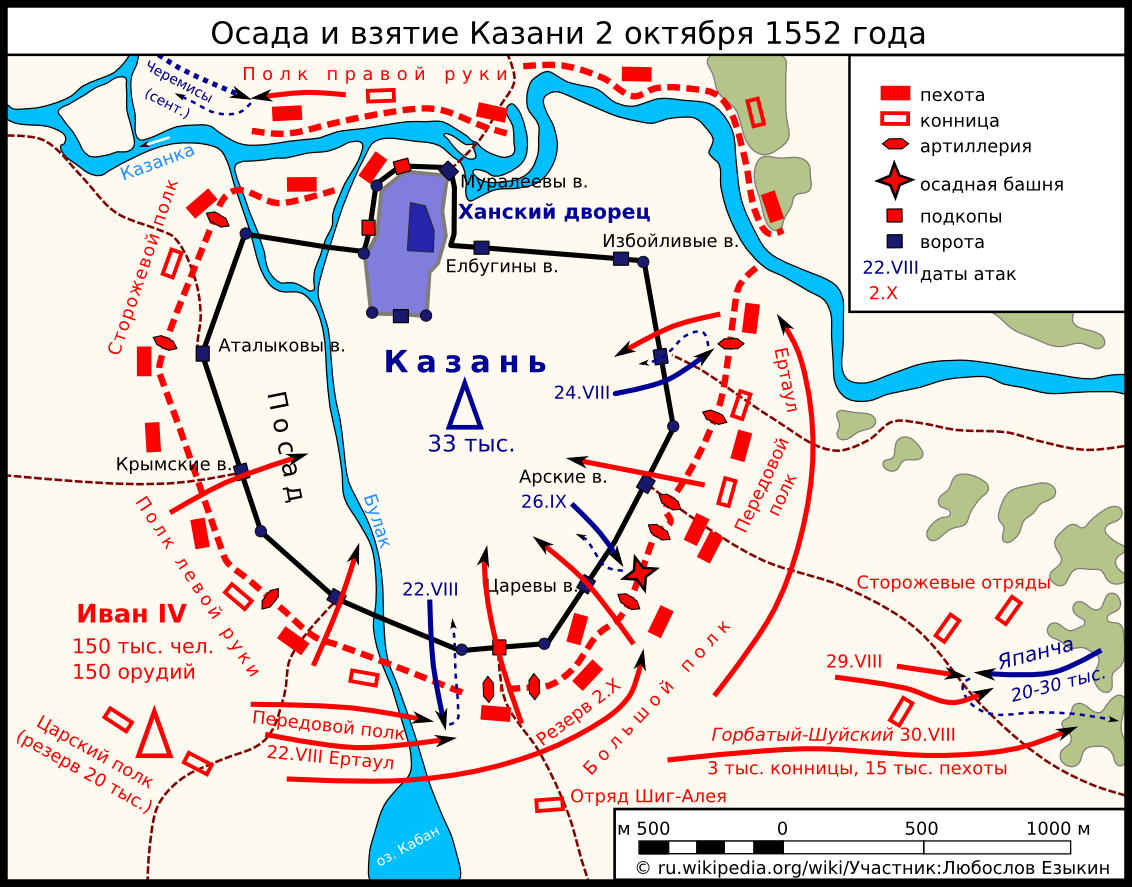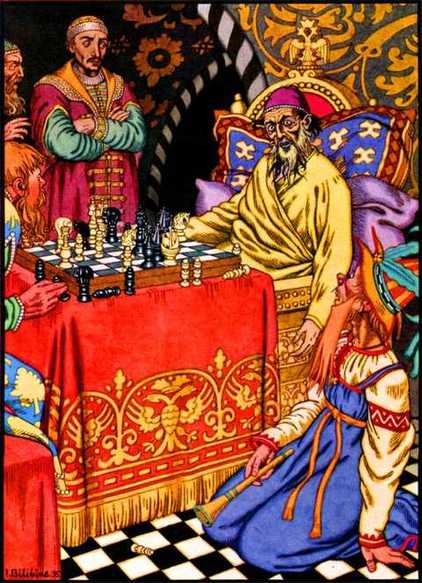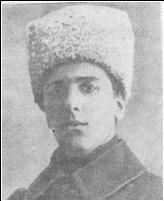|
List Of Kazan Mayors ...
List of Kazan city's mayors: Voivodes (Tsardom of Russia) Mayors (Russian Empire) Civil War and Soviet era Russian Federation * Rafik Gumerov (1991–1993; Chairman of City Council) * Kamil Iskhakov (1991–1993 — City administration head; 1993–2005 — Mayor) * Ilsur Metshin, — Mayor References {{Reflist * Kazan Kazan ( ; rus, Казань, p=kɐˈzanʲ; tt-Cyrl, Казан, ''Qazan'', IPA: ɑzan is the capital and largest city of the Republic of Tatarstan in Russia. The city lies at the confluence of the Volga and the Kazanka rivers, covering a ... [...More Info...] [...Related Items...] OR: [Wikipedia] [Google] [Baidu] |
Kazan
Kazan ( ; rus, Казань, p=kɐˈzanʲ; tt-Cyrl, Казан, ''Qazan'', IPA: ɑzan is the capital and largest city of the Republic of Tatarstan in Russia. The city lies at the confluence of the Volga and the Kazanka rivers, covering an area of , with a population of over 1.2 million residents, up to roughly 1.6 million residents in the urban agglomeration. Kazan is the fifth-largest city in Russia, and the most populous city on the Volga, as well as the Volga Federal District. Kazan became the capital of the Khanate of Kazan and was conquered by Ivan the Terrible in the 16th century, becoming a part of Russia. The city was seized and largely destroyed during Pugachev's Rebellion of 1773–1775, but was later rebuilt during the reign of Catherine the Great. In the following centuries, Kazan grew to become a major industrial, cultural and religious centre of Russia. In 1920, after the Russian SFSR became a part of the Soviet Union, Kazan became the capital of the Tat ... [...More Info...] [...Related Items...] OR: [Wikipedia] [Google] [Baidu] |
Alexander Gorbatyi-Shuisky
Prince Alexander Borisovich Gorbatyi-Shuisky (Александр Борисович Горбатый-Шуйский) was probably the most celebrated and popular general of Ivan the Terrible. The town of Gorbatov in Nizhny Novgorod Oblast bears his name. He belonged to the powerful Shuisky family, being the last scion of its junior branch. His father was one of the most successful generals of Vasily III, but Alexander managed to outshine him at an early age. He was made boyar in 1544 and led the Russian armies against Khanate of Kazan in 1547. Five years later, when Kazan was besieged, he annihilated the force of prince Yapancha at Arsk Field, making possible the final conquest of Kazan later that year. In acknowledgement of his important services, he was appointed the first Russian governor of Kazan. During the next decade he not only managed to keep Kazan in Russian hands, but also rebuilt the ruined citadel and converted a large portion of the khanate's population to Christian ... [...More Info...] [...Related Items...] OR: [Wikipedia] [Google] [Baidu] |
Siege Of Kazan
The siege of Kazan in 1552 was the final battle of the Russo-Kazan Wars and led to the fall of the Khanate of Kazan. Conflict continued after the fall of Kazan, however, as rebel governments formed in Çalım and Mişätamaq, and a new khan was invited from the Nogais. This guerrilla war lingered until 1556. Background During the existence of the khanate (1438-1552) Russian forces besieged Kazan at least ten times (1469, 1478, 1487, 1506, 1524, 1530, 1545, 1547, 1549-1550, 1552). In 1547 and in 1549-1550, Ivan the Terrible besieged Kazan, but supply difficulties forced him to withdraw. The Russians pulled back and built the town or fort of Sviyazhsk. They also annexed land west of the Volga which weakened the khanate. The peace party agreed to accept the pro-Russian Shah Ali as khan. The patriotic party regained power, Shah Ali fled and Yadegar Mokhammad of Kazan was called in as khan. Religious leaders like Qolsharif inspired the people to a determined resistance. The siege ... [...More Info...] [...Related Items...] OR: [Wikipedia] [Google] [Baidu] |
Bogdan Belsky
Bogdan Yakovlevich Belsky (russian: Богдан Яковлевич Бельский) (died 1611) was a Russian statesman and a close associate of Ivan the Terrible. Bogdan was not related to the great Gedyminid princely family of the same name. It is believed that he became welcome at the royal court owing to his kinship with Malyuta Skuratov. His name was first mentioned in 1571, when Belsky was the tsar's bodyguard (''rynda'') during his military campaigns. He would soon become the tsar's closest associate and would even sleep in his chamber. Ivan never promoted Belsky to any significant post or changed his official status, not even after Belsky had forced one of the most important fortresses – Wolmar – to surrender in 1577 during the Livonian War. For this, he was only repaid with a Portuguese gold coin and a golden chain. In 1578, Bodgan Belsky was appointed ''oruzhnichiy'' (''оружничий'', or keeper of the tsar's weapons) and wouldn't make his way up any further ... [...More Info...] [...Related Items...] OR: [Wikipedia] [Google] [Baidu] |
Ivan Mezhlauk
Ivan Ivanovich Mezhlauk (russian: Иван Иванович Межлаук; lv, Jānis Mežlauks) (30 September 1891 – 25 April 1938) was a Soviet politician and statesman who was the first general secretary of the Communist Party of the Turkmen SSR as well as its first president. Ivan Mezhlauk was born in Kharkiv (modern Ukraine), in the Kharkov Governorate of the Russian Empire on 30 September 1891. He was of Latvian ethnicity. He joined the Bolshevik Party in 1918 and served in the Red Army during the Russian Civil War. He was president from 19 November 1924 until September 1925, when he was replaced with Khalmurad Sakhatmuradov. His term as general secretary lasted longer, until 1926. He was succeeded as general secretary by Shaymardan Ibragimov. From 1930 to 1933, Mezhlauk worked in the Soviet economic planning apparatus, for a time as the secretary of the Council of Labor and Defense.R.W. Davies, "Ivan Ivanovich Mezhlauk," in Archie Brown (ed.), ''The Soviet Union: A ... [...More Info...] [...Related Items...] OR: [Wikipedia] [Google] [Baidu] |
Semyon Kanatchikov
Semyon Ivanovich Kanatchikov (Russian: Семён Иванович Канатчиков; 13 April 1879 – 19 October 1940) was a Russian revolutionary, Soviet politician, journalist, literary critic and writer. Biography Kanatchikov was born in to a peasant family and became a worker from a young age. He was a member of the League of Struggle for the Emancipation of the Working Class and joined the Russian Social Democratic Labour Party after its founding. From 1903, he was a member of its Bolshevik faction. In 1905, he was a member of the Moscow, then St. Petersburg party committees. Then he worked in Yekaterinburg and Nizhny Tagil. A Bolshevik delegate with a decisive vote from the Ural organization of the 4th (Unification) Congress of the RSDLP (1906), represented the Nizhny Tagil organization, Egorov in the minutes of the congress and supported Vladimir Lenin and his platform. From 1910 to 1916 he was in prison and exile in the Irkutsk province. In 1917 he was a member o ... [...More Info...] [...Related Items...] OR: [Wikipedia] [Google] [Baidu] |
Kamil Iskhakov
Kamil Iskhakov, (russian: Камиль Шамильевич Исхаков, tt-Cyrl, Камил Шамил улы Исхаков) (born February 8, 1949 in Kazan) is Russian regional development minister's assistant. He is of Tatar descent. He is a graduate of Kazan Technical School and physical department Kazan State University. In the 1980s, he was the Director of the Kazan Science and Education Center and The Kazan Science and Manufacturing Association. From 1989-1991, he was the Chairman of the Kazan City Council Executive Committee. Between 1991 and 2005, Member of the Kazan City Council of Peoples Deputies, Chairman of the Kazan City Council of Peoples Deputies, Head of the Kazan City Administration. In 2005-2007 he was the Presidential Envoy to the Far East District. Honours and awards * Order of Merit for the Fatherland; **3rd class (19 July 2004) - for outstanding contribution to the implementation of socio-economic reforms in the city and many years of diligent work ... [...More Info...] [...Related Items...] OR: [Wikipedia] [Google] [Baidu] |
Ilsur Metshin
Ilsur Raisovich Metshin (russian: Ильсур Раисович Метшин; tt-Cyrl, Илсур Рәис улы Метшин; born April 24, 1969) is a Russian politician of Tatar descent. He was born in Nizhnekamsk. Since 1993 he worked in Kazan as a politician. Since 1998 he was Mayor of Nizhnekamsk and Nizhnekamsky District and chairman of the Nizhnekamsk Council. Since 2005 November 17 he is the Mayor of Kazan, replacing Kamil Iskhakov. On September 4, 2015 he was selected as the new president of FC Rubin Kazan. He was elected chairman of the United Nations Advisory Committee of Local Authorities at UCLG World Congress 2019 in Durban. On November 17, 2021 he was elected Governing President of the United Cities and Local Governments at 2021 UCLG World Council in Barcelona Barcelona ( , , ) is a city on the coast of northeastern Spain. It is the capital and largest city of the autonomous community of Catalonia, as well as the second most populous municipality of Spain. ... [...More Info...] [...Related Items...] OR: [Wikipedia] [Google] [Baidu] |
Politicians From Kazan
A politician is a person active in party politics, or a person holding or seeking an elected office in government. Politicians propose, support, reject and create laws that govern the land and by an extension of its people. Broadly speaking, a politician can be anyone who seeks to achieve political power in a government. Identity Politicians are people who are politically active, especially in party politics. Political positions range from local governments to state governments to federal governments to international governments. All ''government leaders'' are considered politicians. Media and rhetoric Politicians are known for their rhetoric, as in speeches or campaign advertisements. They are especially known for using common themes that allow them to develop their political positions in terms familiar to the voters. Politicians of necessity become expert users of the media. Politicians in the 19th century made heavy use of newspapers, magazines, and pamphlets, as well a ... [...More Info...] [...Related Items...] OR: [Wikipedia] [Google] [Baidu] |



